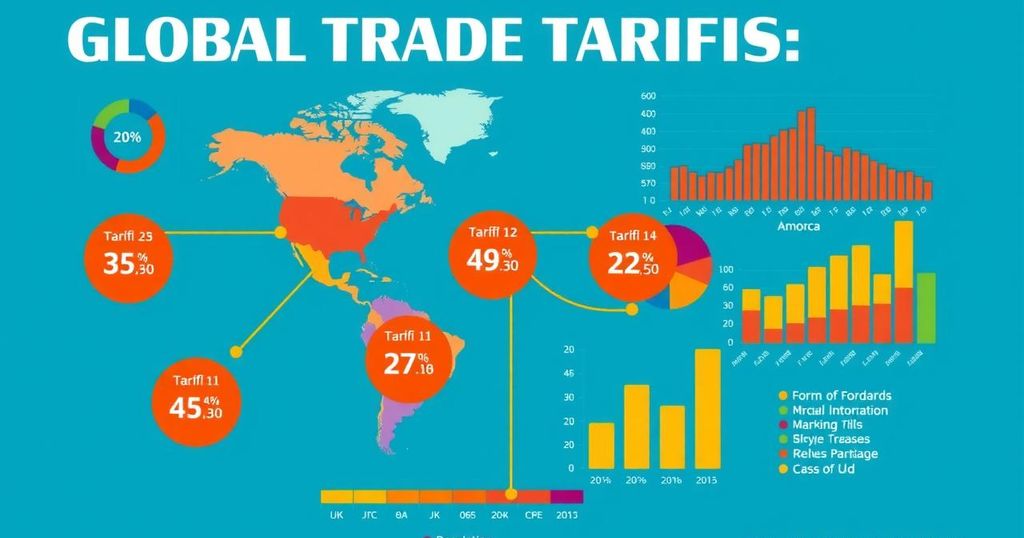Tunisia is currently experiencing protests driven by economic dissatisfaction and political frustrations. Demonstrators are demanding government reforms to address issues such as high living costs and unemployment. Solidarity among labor unions and political entities is evident, reflecting widespread public unrest. The government’s critical response will determine the future stability of the nation.
In recent days, Tunisia has witnessed a series of protests fueled by widespread discontent over economic challenges, political frustrations, and social inequalities. Demonstrators have taken to the streets, voicing their grievances against the government and seeking urgent reforms to address these pressing issues. The protests underscore the growing frustration among citizens regarding the high cost of living and unemployment rates, which have intensified in recent months, leading to increased public unrest.
Amidst the ongoing demonstrations, various groups including labor unions and political parties have expressed solidarity with the protesters, amplifying their calls for change. The government’s response remains critical as it seeks to navigate this unrest and implement measures that could quell public dissatisfaction. Leaders are encouraged to listen to the concerns raised during these protests and consider constructive dialogues to foster a stable and equitable society.
In conclusion, the ongoing protests in Tunisia highlight deep-rooted issues related to economic hardship and social inequality. The government faces significant pressure to address these challenges and engage with citizens to restore public trust. A proactive approach, incorporating dialogue and reform, will be essential to alleviate tensions and foster national unity.
Original Source: www.goshennews.com




